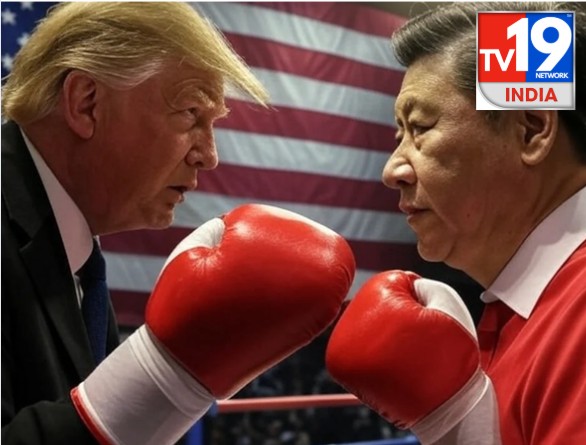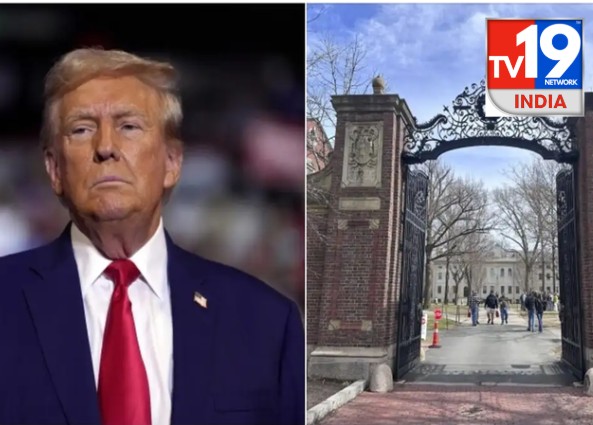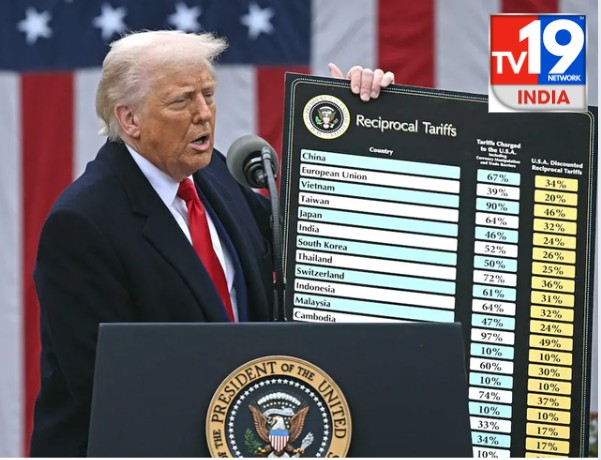Trump-Zelenskyy Mineral Deal: Geopolitical Power Play or Ukraine Biggest Gamble?
Washington D.C. - In a high-stakes meeting at the White House, Ukrainian President Volodymyr Zelenskyy and U.S. President Donald Trump discussed a minerals deal that could reshape global power dynamics. With Ukraine sitting on vast reserves of critical minerals—titanium, lithium, and rare earth elements—this agreement could give the U.S. a strategic advantage in tech and defense industries.
However, this isn’t just about minerals. Ukraine, still recovering from war, seeks financial backing and, more crucially, security assurances from the U.S. to deter future Russian aggression. But Trump’s response has been cautious. While he welcomes economic ties, he has pushed back on military commitments, calling Zelenskyy’s demands “disrespectful.”
The deal has sparked mixed reactions. On one hand, it offers Ukraine a potential economic lifeline, attracting U.S. investment that could accelerate its recovery. On the other, critics warn of exploitation, fearing Ukraine may be trading its natural wealth for uncertain promises. Meanwhile, the geopolitical implications are massive. If the U.S. secures Ukraine’s minerals, it could lessen dependence on China and Russia—disrupting the global resource supply chain.
As negotiations continue, one question looms large: Is Ukraine securing its future, or walking into a resource trap? With economic interests clashing with national security concerns, this deal could define Ukraine’s post-war trajectory—and America’s global influence.







